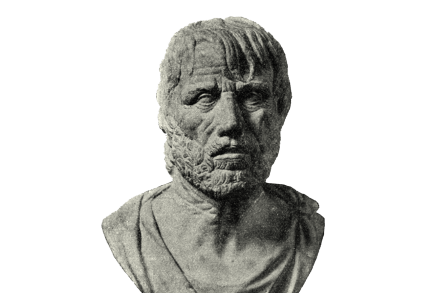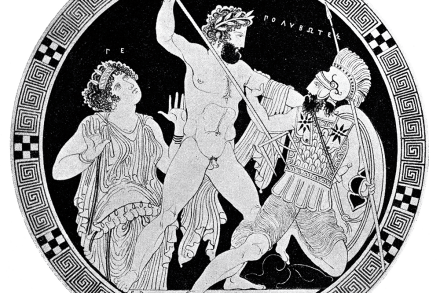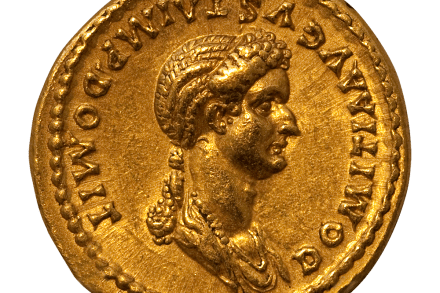Orcas, dolphins and the ancient question of animal sentience
Killer whales have been seen offering titbits to divers – but as a gift or a lure? Plutarch (c. AD 100) had strong views on animal sentience. Unlike most ancients, Plutarch did not think that animals were there to be exploited for humanity’s benefit, whatever that entailed for the animals themselves. He believed they were




















